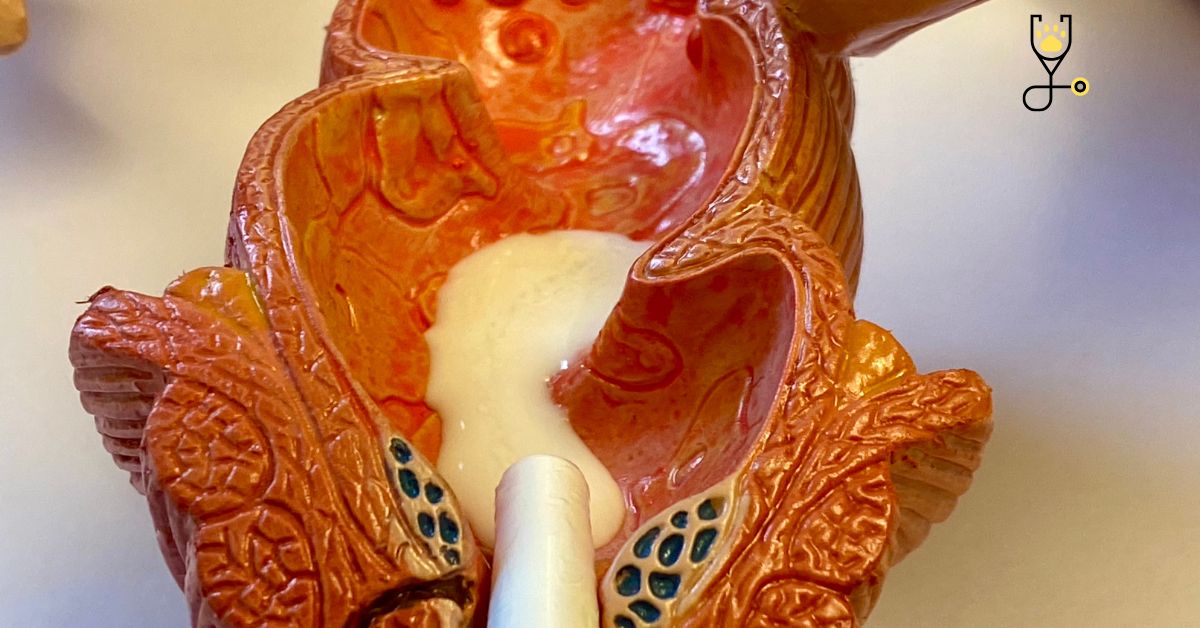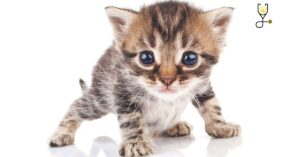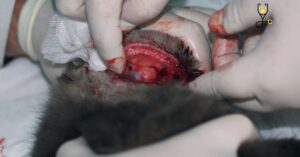Introduction
If you’re a cat owner, there’s a good chance you’ve heard of inflammatory bowel disease (IBD), an ailment that affects the gastrointestinal (GI) tract. But what is IBD, and how can it be treated? This blog post will provide answers to those questions and more. Stay tuned for information on the signs and symptoms of IBD in cats, as well as treatment options. Thank you for reading!
What is inflammatory bowel disease?
Inflammatory bowel disease (IBD) is a condition in which the lining of the gastrointestinal (GI) tract becomes inflamed. This inflammation can lead to a variety of clinical signs, including vomiting, diarrhea, weight loss, and lack of appetite. IBD is often chronic in nature, meaning it can be a long-term condition.
Types
There are two types of IBD
1. lymphocytic-plasmacytic: This is the most common type of IBD in cats, and it is thought to be an immune-mediated disease.
2. eosinophilic: This form of IBD is less common, and it is characterized by an infiltration of eosinophils, a type of white blood cell, into the GI tract.
Causes of IBD in cats
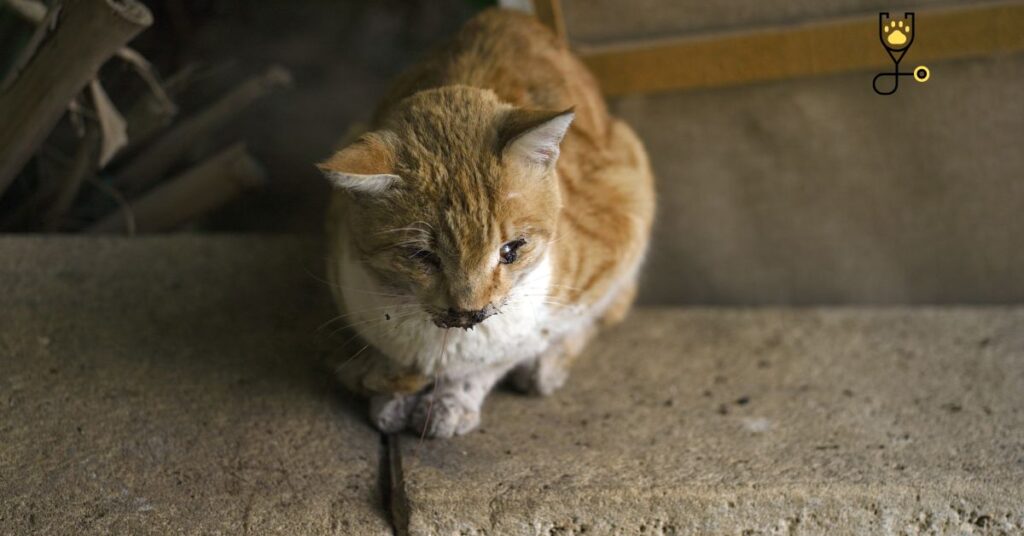
There is no definitive answer to what causes IBD in cats. However, there are several potential contributing factors that may play a role in the development of this condition.
- One theory is that IBD may be caused by an overgrowth of bacteria in the intestines. This bacterial overgrowth can lead to inflammation and irritation of the intestinal lining, which can result in symptoms like diarrhea and vomiting.
- Another potential cause of IBD is food intolerance or allergies. Cats with IBD may have an intolerance or allergy to certain ingredients in their diet, which can trigger an inflammatory response in the intestines.
Finally, stress may also be a factor in the development of IBD. Cats who experience chronic stress may be more susceptible to developing IBD, as stress can contribute to intestinal inflammation.
Symptoms of inflammatory bowel disease in cats
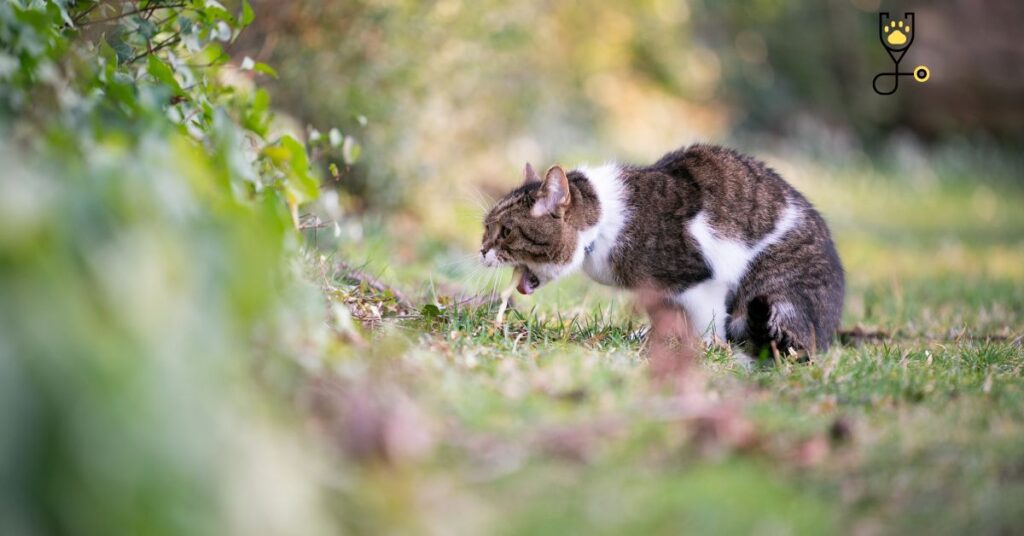
As with any disease, the symptoms of inflammatory bowel disease (IBD) in cats can vary depending on the severity of the condition. Some of the most common symptoms include:
-Vomiting: This is often one of the first signs that something is wrong and can be caused by a build-up of inflammation in the stomach or intestines.
-Diarrhea: This may be watery, bloody, or contain mucus. It can be very uncomfortable for your cat and lead to dehydration if left untreated.
-Weight loss: Due to the vomiting and diarrhea, cats with IBD can lose a significant amount of weight.
-Lethargy: Feeling tired all the time is a common symptom of IBD, as the inflammation can take a lot out of your cat.
-Poor appetite: A loss of appetite is another common symptom, as the stomach pain associated with IBD can make eating difficult.
-Changes in behavior: Some cats with IBD may become more withdrawn or irritable due to the discomfort they are feeling.
If you notice any of these symptoms in your cat, it is important to take them to the vet for a check-up. IBD can be a very serious condition if left untreated, so early diagnosis and treatment are essential.
Treatments for inflammatory bowel disease in cats
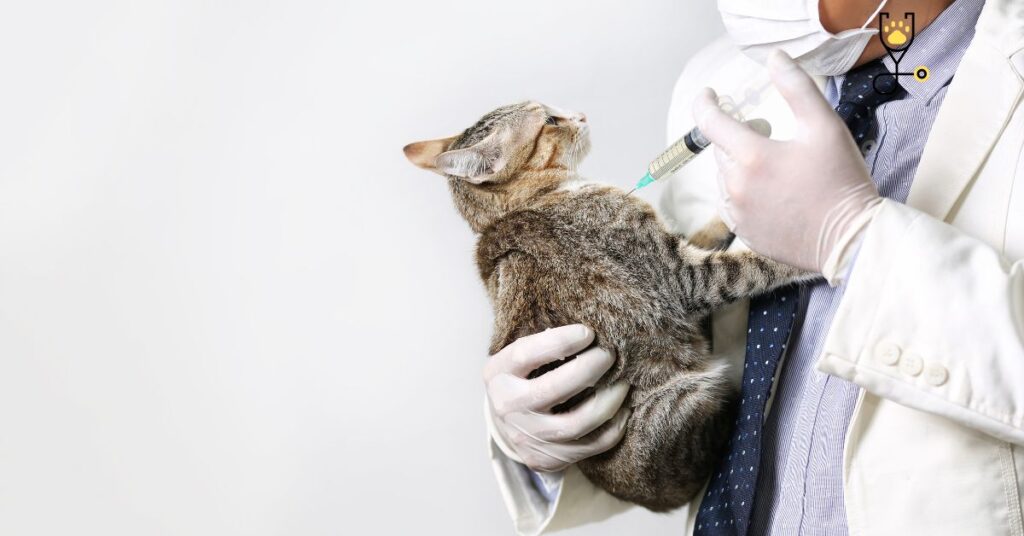
There is no cure for IBD, but there are treatments that can help to manage the symptoms and keep your cat comfortable. The specific treatment will depend on the severity of the disease and the underlying cause.
1. Diet: One of the most important treatments for IBD is diet change. This may involve switching to a special diet that is easy to digest or removing potential allergens from the diet. Your vet can help you choose the best diet for your cat.
2. Medications: Medications are often necessary to control the symptoms of IBD and reduce inflammation. Commonly used medications include corticosteroids, immunosuppressants, antibiotics, and antidiarrheals.
3. Surgery: In some cases, surgery may be necessary to remove a section of the GI tract that is badly inflamed or infected. This is typically a last resort option when other treatments have failed.
4. Home care: There are also some things that you can do at home to help your cat with IBD. These include feeding small meals more often, avoiding stress, and providing a clean litter box.
If your cat has been diagnosed with IBD, it is important to work closely with your vet to create a treatment plan. With the proper care, most cats with IBD can live happy and healthy lives.
Preventions of inflammatory bowel disease in cats
There is no sure way to prevent IBD in cats, but there are some things that may help reduce the risk. These include:
1. Feeding a high-quality diet: A diet that is nutritionally balanced and made from quality ingredients can help reduce the risk of IBD.
2. Avoiding potential allergens: If your cat has food allergies or sensitivities, avoiding trigger foods can help prevent an inflammatory response.
3. Reducing stress: Managing stress is important for overall health, and it may also help reduce the risk of IBD. Creating a calm and relaxed environment for your cat can help them stay stress-free.
4. Regular vet check-ups: Taking your cat for regular vet check-ups can help catch any problems early on and get them the treatment they need.
5. Inflammatory bowel disease can be a difficult condition to manage, but with the right treatment plan, most cats can live happy and healthy lives. If you think your cat may have IBD, talk to your vet about the best course of treatment.
The prognosis for inflammatory bowel disease in cats
The prognosis for IBD varies depending on the underlying cause and the severity of the disease. In many cases, IBD can be managed with medication and lifestyle changes. However, some cats may require lifelong treatment or may eventually need surgery. The most important thing you can do for your cat is to work closely with your vet to create a treatment plan that meets their individual needs. With the proper care, most cats with IBD can live happy and healthy lives.
This article is for informational purposes only and is not meant to be used as medical advice. If your cat is showing any signs of illness, please take them to the vet for a check-up.
Conclusion
Inflammatory bowel disease is a common condition in cats that can be difficult to manage. There is no cure for IBD, but there are treatments that can help to control the symptoms and keep your cat comfortable. If you think your cat may have IBD, talk to your vet about the best course of treatment.
FAQs
The exact cause of IBD is unknown, but it is thought to be caused by an abnormal immune response to a trigger (such as food or bacteria). This leads to inflammation in the GI tract, which can cause a variety of symptoms.
The most common symptom of IBD is chronic diarrhea. Other symptoms may include vomiting, weight loss, and a lack of appetite.
IBD is typically diagnosed based on the symptoms, a physical examination, and laboratory tests (such as blood work and x-rays). A biopsy of the GI tract may also be necessary to confirm the diagnosis.
There is no cure for IBD, but there are treatments that can help to control the symptoms and keep your cat comfortable. Common treatments include medications, dietary changes, and stress reduction. In some cases, surgery may also be necessary.
There is no sure way to prevent IBD in cats, but there are some things that may help reduce the risk. These include feeding a high-quality diet, avoiding potential allergens, and reducing stress. Regular vet check-ups can also help catch any problems early on.

